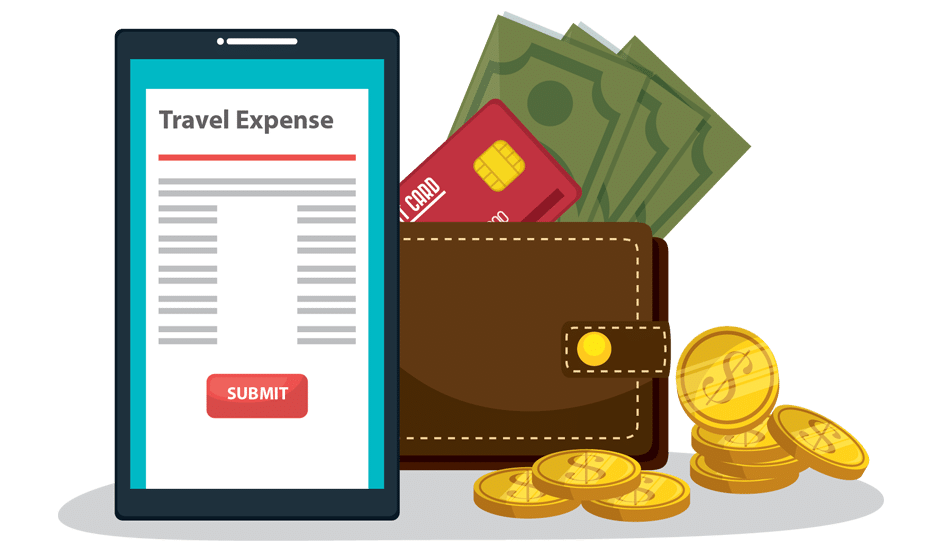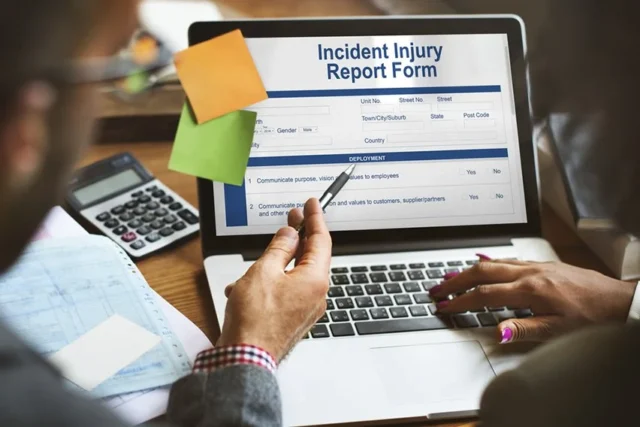
Spending made by an employee when traveling for work purposes is referred to as travel expenses.
Although business and travel expenses should be paid for through the proper purchasing and payment procedures, as an employee, you may incur costs using your own money. You have a few options for how to ask for travel expense reimbursement.
What is a Business Travel Expense?
A travel expense is a price an employee pays for leaving their typical place of employment to travel for work-related purposes. Upon request by the employee, the employer will pay back their travel costs.
Travel costs must be incurred for work-related purposes; that is, they must be justified by a business need. For whatever travel expenses an employee wants to claim, most organizations have a policy and procedure that requires them to submit receipts and a business explanation.
Companies frequently cover employee lodging and travel costs when employees travel for business. Employees are compensated when they pay their travel costs, nevertheless. Therefore, for vacations they have paid for themselves, all employees must keep the receipts and other supporting materials so they can use them as proof when they return to work to request compensation.

What is Travel Expenses Reimbursement?
The process through which the employer reimburses the worker for any business expenses he or she incurred while on business travel is known as expense reimbursement.
The employee must record these costs on an expense report form that the employer or the finance department provides when the work trip is over. Following the employee’s completion of these facts, the approver or reporting manager must verify these entries.
When optimizing your business procedures, the fields entered in an expenditure report are significant. The information found on the expense report form can be cross-checked and validated by the financial teams using these fields.
The specific expense report is approved by the finance department, after which it is forwarded to be paid. The finance departments and employers must take care to make sure that employee travel expenses adhere to IRS guidelines. Only if an expense report is supported by a direct and obvious business agenda will it be accepted and moved into the expense reimbursement cycle.
What Costs Can Be Reimbursed for Business Travel?
If an employee incurs a cost while on a business trip for a professional goal, like a meeting or seminar, it qualifies as a travel expense. However, some businesses might also pay for travel costs for business travel. Employees may mix leisure and work travel in certain circumstances, but they should be aware of the company’s travel and expenditure policy.
They must check the travel expenditures list in the policy guidelines if they are unsure if an expense complies with the policy.
The following categories can be used to categorize business travel costs:

Cost of Transportation
The term “transportation cost” refers to all costs related to operating or maintaining a vehicle for business travel. Employees are allowed to submit expenses like parking fees, flights, trains, taxis, and cabs. Additionally, they are eligible for compensation if they drive their car for business purposes.
Costs Associated With Lodging
Employees’ accommodation expenses are the charges associated with booking lodging during a work trip. Employees are eligible to claim the money they spend on lodging while traveling for work, such as hotels, resorts, etc.
Consistent Living Expenses
Employees’ subsistence expenses are the sums they pay for food and lodging when on the road for business. It is also referred to as a meal allowance or a per diem. Employees may claim the costs associated with the food and beverages they eat while on a work trip under this category.
Incidental Costs
The term “incidental expenses” refers to small extra costs that are incurred in addition to the main service or purchase made during any commercial activity. For instance, if an employee takes a taxi from the airport to their hotel, they will pay the fee and, if appropriate, given the destination’s customs, they will tip the driver. The gratuity is an ancillary cost in this scenario; the cab fee is the primary cost.

How to Reimburse for Business Travel?
There are several options for how to reimburse your staff for business travel costs. But first, it’s crucial to check that your travel & spending regulations explicitly outline the method of payment utilized for certain trip requirements to avoid confusion later.
Here are various methods to reimburse staff members for their travel expenses:
Per Diem
A per diem is a daily sum of money that an employee receives to cover all of their costs. The employee is in charge of selecting wise travel expenses within the constraints of the daily budget assigned to him or her.
Corporate credit card
A corporate credit card is one that a corporation gives its workers to use for work-related costs. It enables staff to cover costs without using cash or personal credit cards. By establishing clear spending guidelines for your staff, a corporate credit card can help you keep a handle on your travel expenses. Additionally, you may quickly conduct travel and expenditure audits and reconcile all of your credit card transactions.
Cash
Employees who work for companies without company credit cards must submit expense reports for each out-of-pocket expense they make while traveling. For each expense, they typically want receipts and some kind of substantiation.

Conclusion
Event planning or travel-intensive professions frequently involve out-of-pocket company expenses. The cost of a taxi from the airport to a conference center might be covered by an employee out of pocket. Or a person might utilize their own money to make a last-minute purchase of goods for a fundraiser that their employer is holding. Employees should be aware of the payment terms when using their funds to make purchases on behalf of their employer.
*Tip: Before you depart on your trip, make sure to familiarize yourself with your employer’s travel expenditure policy to prevent any misunderstandings.









